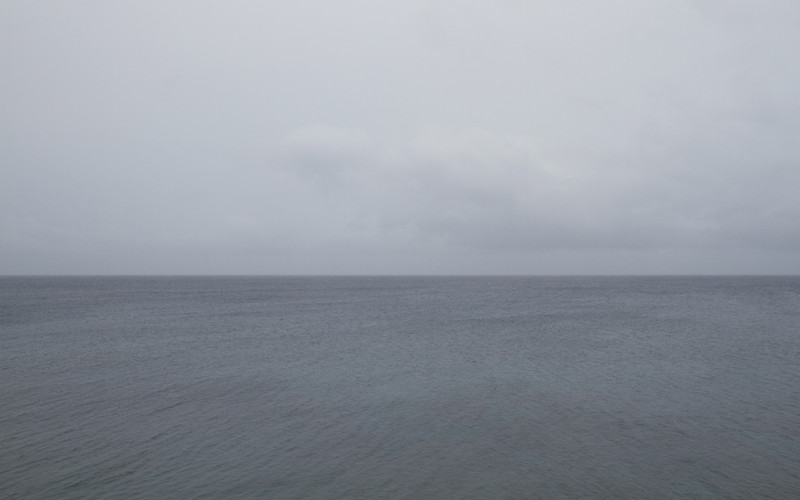Ikuo Shinjo’s Okinawa wo kiku [Listening to Okinawa] reveals the political structure of postwar Okinawa, which according to the author, had been built upon the strong homosocial bond between Japan and America. Stuck in between the two, Okinawa is forced to be de-masculinized. The Okinawan men, struggling to regain their deprived masculinity, conceal the presence of people who do not follow their sexual norms, mainly the sexual minorities. The book unraveled the uneasiness I felt while living in Okinawa. The author’s words in the book’s conclusion felt especially poignant to me:
Little after I turned 30, I was struck with an intense feeling of anxiety; life became exhausting and I started to spend days in desperation. I was well aware in my twenties that my unresolved attitude towards my sexual identity often put me in despair as I kept failing to find a right place in the hetero-normative society. But in addition, I started to realize that my increasingly self-destructive behavior was interlocked with the colonial status of Okinawa and its political environment. In other words, while earnestly trying to be a part of the struggle by Okinawan people to acquire political independence, I was constantly repelled, physically and psychologically, by the masculine desire of Okinawan men that surfaced in the midst of such collective struggles [ . . . ] Infuriated to see the falsification of the memories of the battle of Okinawa, as well as the presence of the American military bases that continuously caused disturbances, I strove to be an advocate for the Okinawan voice. Yet, simultaneously, I often found myself confronted by the intense sexual discrimination that existed in the society. I had no idea what was hurting me so much, and how to put the agony I felt into words. I was just confused without a clue.
Ikuo Shinjo, Okinawa wo kiku [Listening to Okinawa] (Misuzu Shobo, 2010)
Like the author, I had difficulty coping with my own sexual identity. For me, as a teenager, living in Okinawa seemed impossible. When I was there I often felt intense discomfort for reasons I couldn’t specify. I left Okinawa at 18 and then moved to New York City at 21. There, I began to deal with my sexuality at last. But my problem has since been suspended and I have now turned 30.
One of the purposes of American Boyfriend was to find out the reason why Okinawan society seemed to brutally conceal the presence of homosexual relationships. In order to confront such repression, I once made up a fictional American man, a soldier, whom I would meet and fall in love with in Okinawa. I thought I needed to start from an intimate scale, by first de-politicizing “America” to investigate the political situation of the islands. It was also an inquiry into the possibility of a romantic relationship between an Okinawan man and an American man, which might have been formed in a clandestine manner and remained hidden. “Don’t Ask Don’t Tell,” which remained effective until recently, could be one of the reasons for the invisibility. I believe there is a hope in the possible romantic relationship between the two; for now the relationship seems carefully concealed by politics and society.
I imagine the fences falling. I imagine the vast, green forest that was once a military base. I imagine the tranquil sky. I imagine two people—two men, two women or both. I imagine an American and an Okinawan, or an Okinawan and a Japanese walking through the forest and reaching the ocean. Maybe, the difficulties of the present times are merely replaced by other difficulties. A form of violence replacing another. Yet, I want to see what they see. I want to see the world where the fences are gone, revealing the horizon in front of us, with the glittering waves washing at our feet. That would be nice.
(C) 2012-2015 Futoshi Miyagi

